Iron-deficiency can cause many problems, both short-term and long-term. If you are a vegetarian, or pregnant, you are more at risk of developing an iron deficiency. And if you have already been diagnosed, your doctor will quickly prescribe an iron supplement.
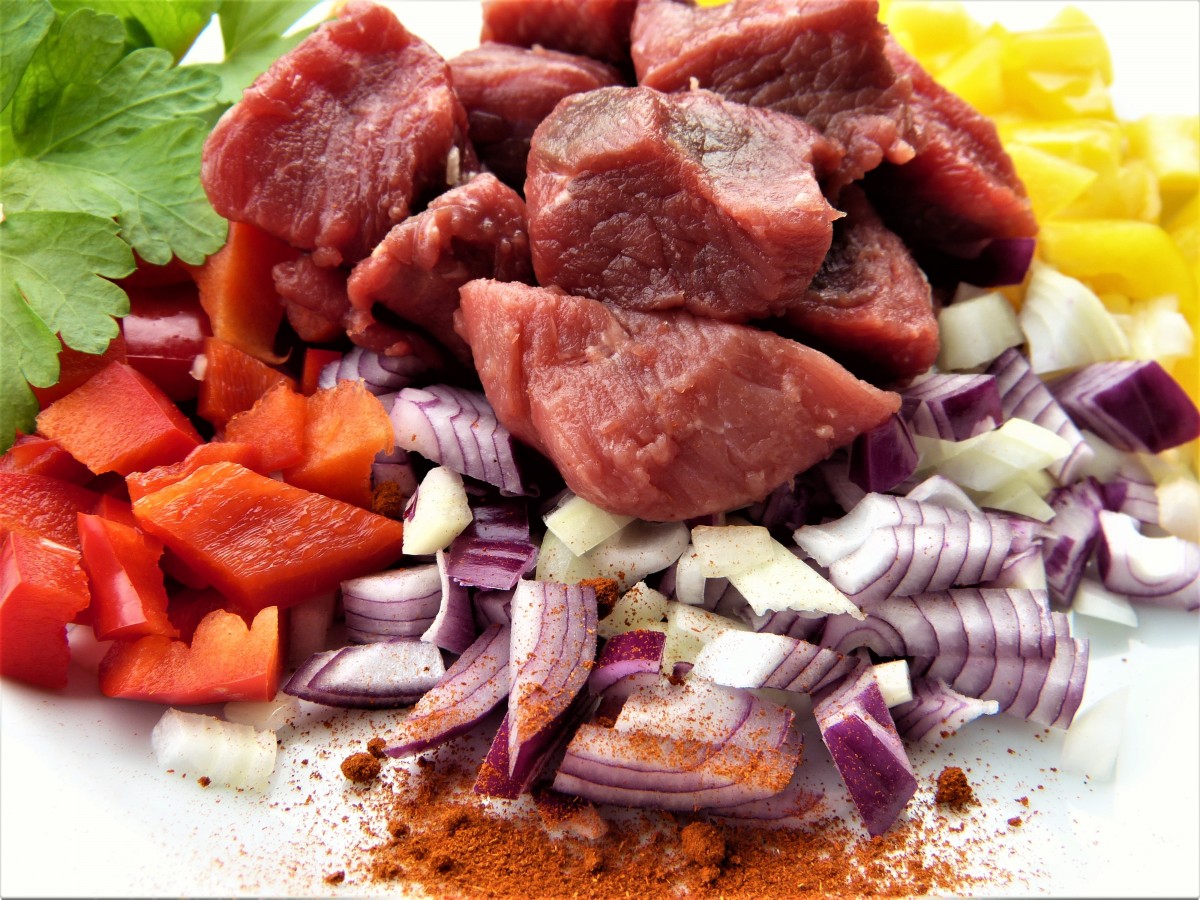
Ferrous sulphate is the most common supplement prescribed by doctors in the case of an iron deficiency, whether during pregnancy or outside of it. This can be prescribed to prevent or to treat iron-deficiency anemia, but it is not absorbed by the body very easily and also puts a strain on the internal organs, including kidneys, liver and intestines. For that reason, many people who were prescribed iron supplements find they suffer from constipation.
Foods and herbal supplements can be wonderful sources of iron, which are more easily absorbed by the body. There are two types - iron heme comes from meat sources, while non-home iron comes from plant and herbal sources. What are the best foods to eat when you have an iron deficiency?
Sources of heme iron
- Chicken liver, beef liver
- Oysters (with which you should be careful if you are pregnant)
- Tongue, if you can stomach it :)
- Various parts of turkey
- Shrimp and crab
Sources of non-home iron, suitable for vegetarians
- Parsley
- Nettles (which are an excellent source of iron as well as almost any other mineral and vitamin, and can be very pleasant to drink as a tea)
- Spinach and other leafy greens
- Kelp
- Lentils, and beans including soybeans and soy products like tofu
- Raisins
In the meantime, people who are low on iron or are actually anemic should avoid foods and drinks that deplete iron. Those are coffee, non-herbal tea, and too much bran. Boost your vitamin C levels, as vitamin C makes it easier for your body to absorb iron. And, take a supplement as well as eating these iron-rich foods, while your iron levels are low. Once you are no longer anemic, you can keep your iron up exclusively through foods.


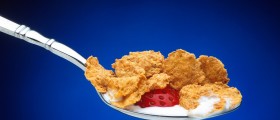
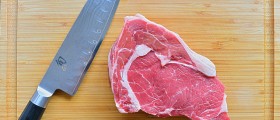
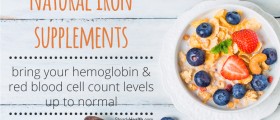
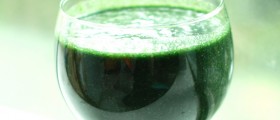
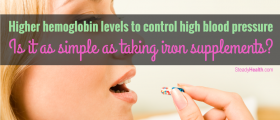
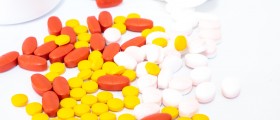
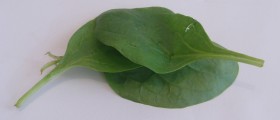
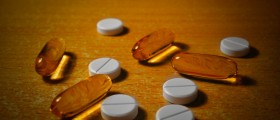
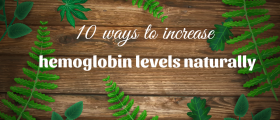
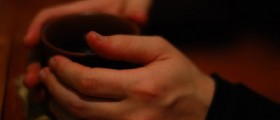

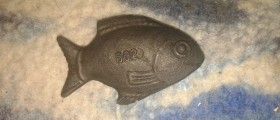
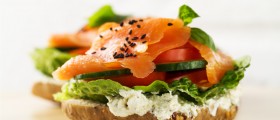
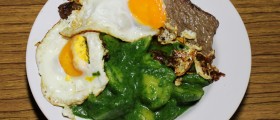
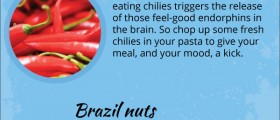
Your thoughts on this
Loading...